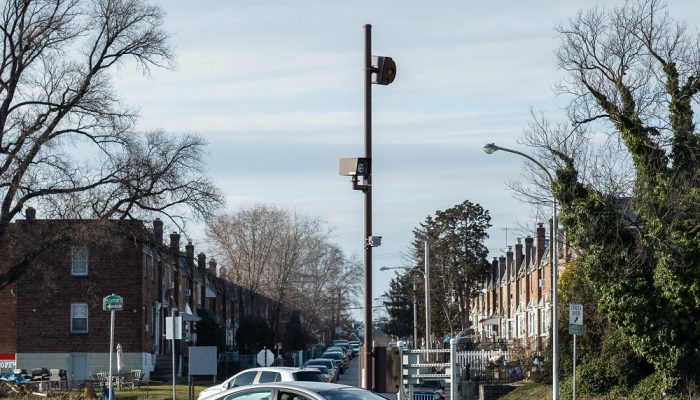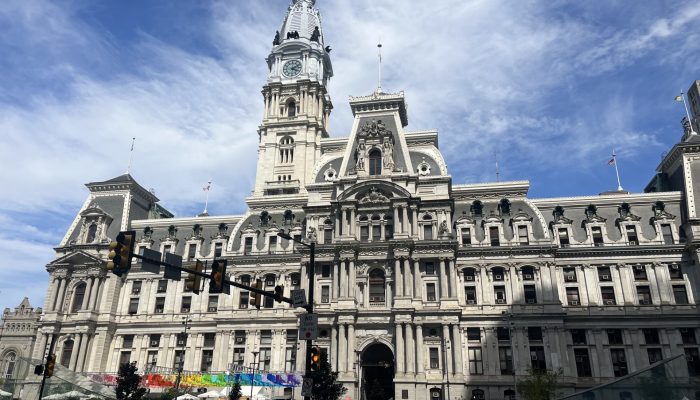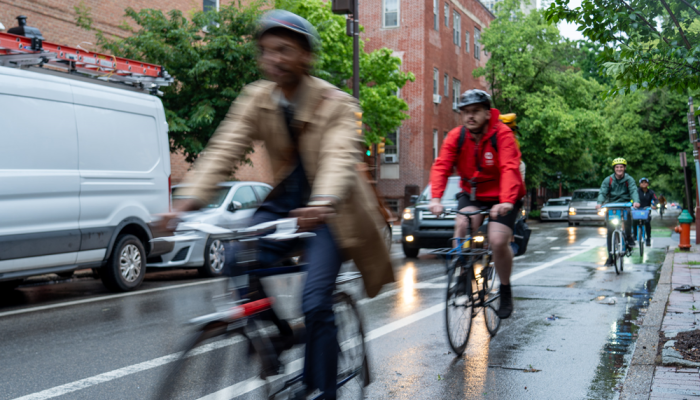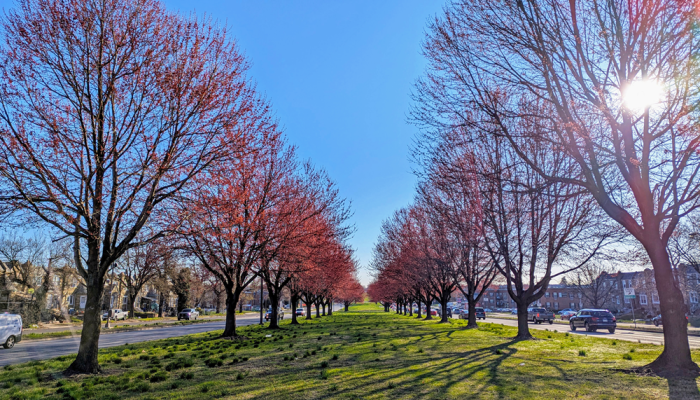On December 15, 2023, Governor Shapiro signed HB 1284 into law, reauthorizing speed cameras on the Roosevelt Boulevard and permitting expansion of the program to five additional corridors, along with other important changes to the program. A signing ceremony was held on January 29, 2024.
The Automated Speed Enforcement (ASE) program cameras on Roosevelt Boulevard have saved lives by reducing excessive speeds, which cause fatal and serious injury crashes. The original bill authorizing the cameras established a pilot program, set to expire at the end of 2023. The actions of the Pennsylvania Legislature, especially Representative Neilson (D, Philadelphia) and Senator Langerholc (R, Cambria), chairs of the PA House and PA Senate transportation committees, respectively, ensured the cameras did not turn off.
95% Fewer Speeding Violations on Roosevelt Boulevard
Every fatal and serious injury crash is tragic, impacting the lives of our family, friends, and valued community members.
Recently, researchers at the University of Pennsylvania analyzed the safety impacts of the automated speed enforcement (ASE) program on Roosevelt Boulevard. The researchers found that speed cameras on Roosevelt Boulevard have saved a just under 1 life per month.
We can conclude that 36 lives have been saved on Roosevelt Boulevard since speed cameras went live.
Roosevelt Boulevard has become much safer. The 2023 Vision Zero Annual Report shows:
- 95% fewer speeding violations
- 21% fewer fatal and serious injury crashes
- 50% fewer crashes involving people walking
What’s in the Law
The new law made several significant changes to Pennsylvania’s automated speed enforcement program. First, it removed the statutory expiration date; the automated speed enforcement program on Roosevelt Boulevard is now permanent. It also permanently expanded the speed enforcement program up to five additional corridors in Philadelphia.
An expansion “corridor” is defined as a state or local route within the border of Philadelphia. The corridor must begin and end on the same state or local route. In order to be selected for the program, the following steps must be undertaken for each corridor:
- Examination of speed and speeding-related crash data involving vehicles and pedestrians in consultation with PennDOT
- An engineering and traffic investigation on the posted speed limit
- At least one opportunity for public comment
- Passage of a local ordinance authorizing expansion to the selected corridor
The law also authorized a pilot program for automated speed enforcement in up to five designated school zones in Philadelphia. As a five-year pilot program, it will need to be renewed or made permanent when it expires in 2028. Similar to the corridors, several steps must be undertaken before speed cameras may be placed in designated school zones:
- An engineering and traffic investigation on the posted speed limit
- At least one opportunity for public comment
- A local ordinance authorizing automated speed enforcement in a designated school zone
Unchanged from the initial law authorizing speed cameras on Roosevelt Boulevard, net revenue collected from speed cameras by the Philadelphia Parking Authority is remitted to PennDOT and held in a special fund dedicated to traffic safety projects. Governor Shapiro recently announced the most recent projects funded under the program.
What’s Next
Speed cameras save lives and make the roads safer for everyone. To help reach our Vision Zero goals, the City is advancing the steps needed to deploy speed cameras as quickly as possible. Starting this spring, the Office of Complete Streets is convening stakeholders, including PennDOT and the Philadelphia Parking Authority, to develop a shortlist of expansion corridors based on crash and speed data. Speed limit studies will be completed on these corridors ahead of an opportunity for public comment.
The Office of Complete Streets’ Vision Zero program will also launch a public education campaign to raise awareness of the program and its benefits. Ultimately, the first new speed cameras are expected to be deployed by Fall 2024.




